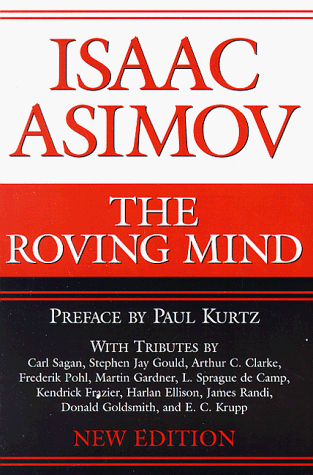13 Percent of the English Language is Not Spelled Phonetically
I received a letter today from the "Reading Reform Foundation," which tells me that "23 million (American) adults are functionally illiterate, unable to read an advertisement, a job application, directions on a medicine bottle." They say "30 percent of all schoolchildren have serious reading difficulties."
I rather believe this, judging from my own limited experience with people. But why is this?
Can it be that part of the reason is the matter of English spelling? The letter tells me that "87 percent of English words are phonetic; each of them follows predictable rules for reading and spelling." But that means that 13 percent of English words are not, and that includes many common words indeed.
Notes:
Folksonomies: phonetics
Taxonomies:
/hobbies and interests/reading (0.508354)
/religion and spirituality/atheism and agnosticism (0.401796)
/science/social science/linguistics/translation (0.383411)
Keywords:
English words (0.925239 (negative:-0.431119)), percent (0.732186 (negative:-0.393387)), Reform Foundation (0.716351 (neutral:0.000000)), medicine bottle (0.714999 (positive:0.488767)), ) adults are functionally illiterate, unable to read an advertisement, a job application, directions on a medicine bottle.'' (0.706412 (neutral:0.000000)), job application (0.704048 (positive:0.326574)), limited experience (0.683062 (negative:-0.297314)), predictable rules (0.678726 (negative:-0.470242)), English spelling (0.658867 (positive:0.212011)), reading difficulties. (0.657751 (negative:-0.355655)), high levels (0.653713 (negative:-0.338556)), common words (0.633848 (neutral:0.000000)), letter (0.509240 (negative:-0.233956)), schoolchildren (0.482093 (negative:-0.355655)), illiteracy (0.480485 (negative:-0.338556)), advertisement (0.475672 (negative:-0.483688)), em (0.468072 (neutral:0.000000)), reason (0.459943 (positive:0.212011)), directions (0.457578 (positive:0.488767)), matter (0.455308 (positive:0.212011)), /em (0.453649 (neutral:0.000000)), people (0.453601 (negative:-0.297314))
Entities:
Reading Reform Foundation:Organization (0.946621 (neutral:0.000000)), 87 percent:Quantity (0.946621 (neutral:0.000000)), 13 percent:Quantity (0.946621 (neutral:0.000000)), 30 percent:Quantity (0.946621 (neutral:0.000000))
Concepts:
Orthography (0.947081): dbpedia | freebase
Reading (0.739171): dbpedia
Functional illiteracy (0.710640): dbpedia | freebase | yago
English spelling reform (0.608798): dbpedia
Literacy (0.533820): dbpedia | freebase
Spelling reform (0.530419): dbpedia
Linguistics (0.501750): dbpedia | freebase | opencyc
Spelling (0.481532): dbpedia | freebase | opencyc






